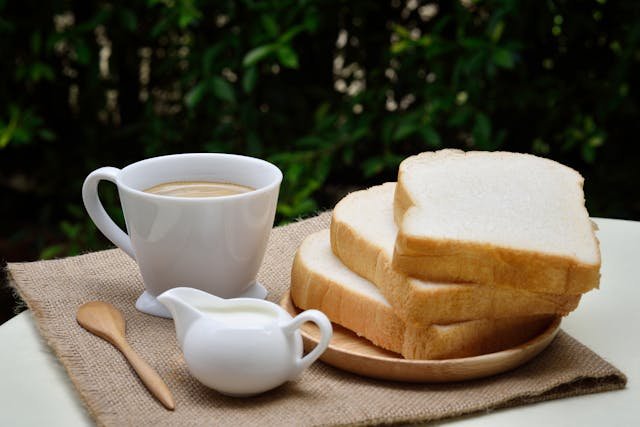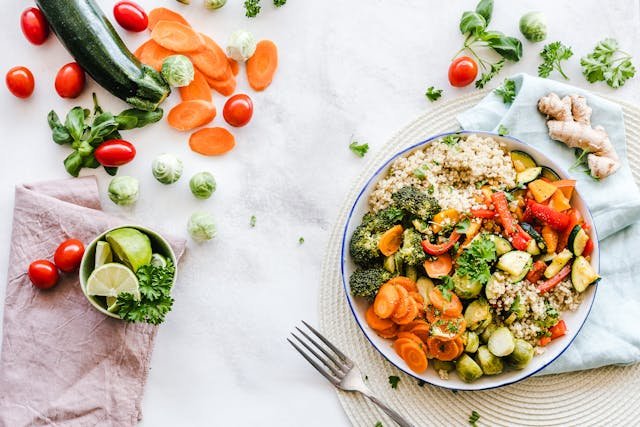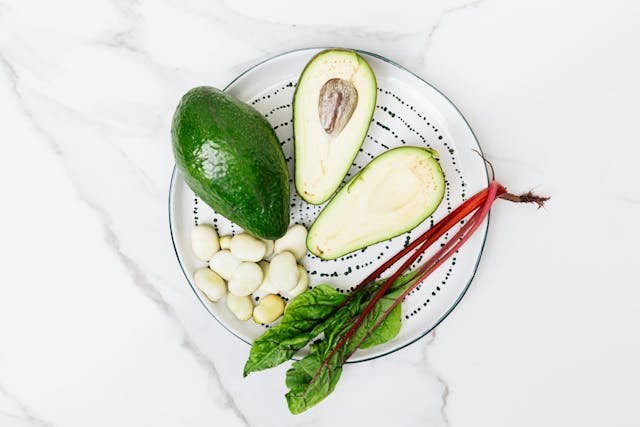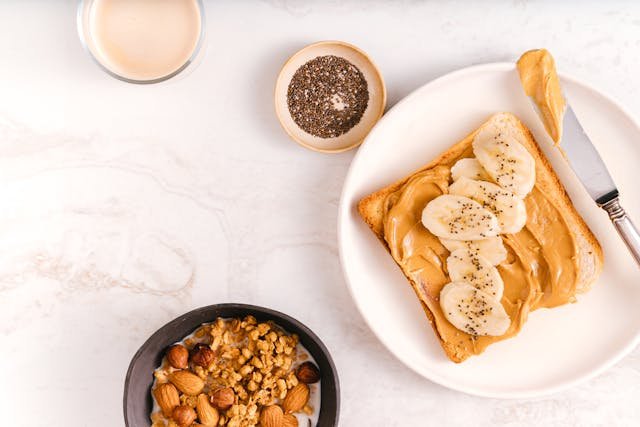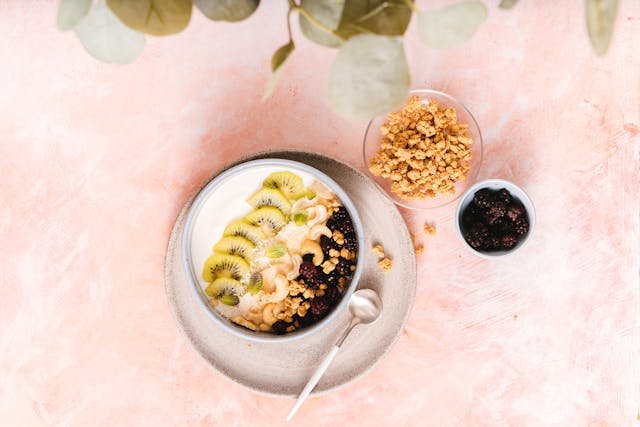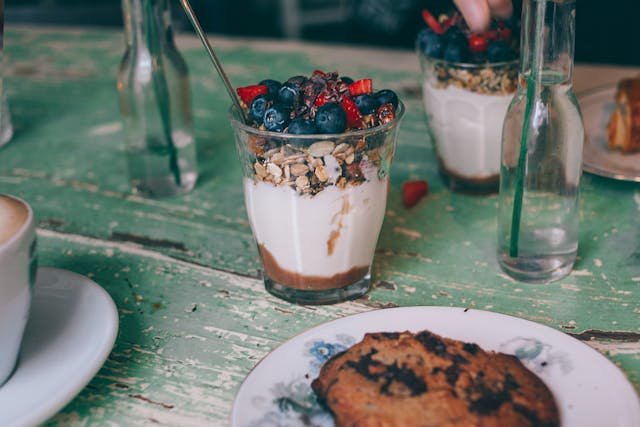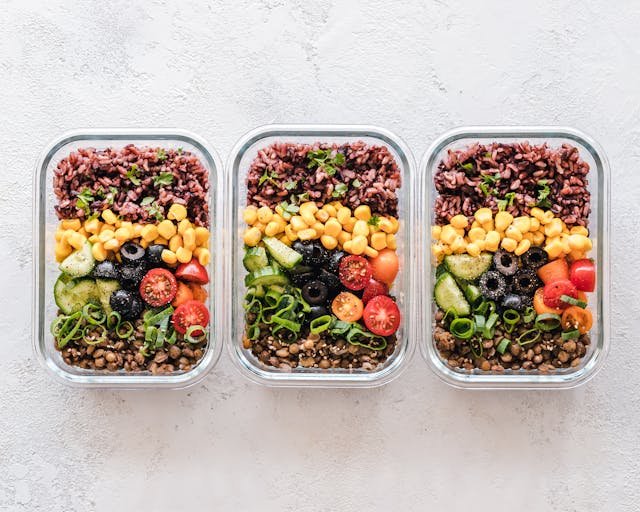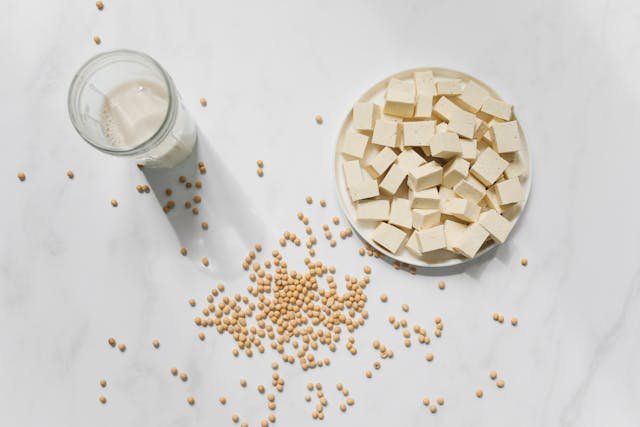Bread, the humble staple found in pantries worldwide, is often both celebrated and vilified. With diets that swing from low-carb to gluten-free, bread has become a contentious food item. Curious about its impact, I decided to eat bread every day for a week. Here’s what happened.
Day 1: The Beginning
Starting my experiment, I chose a variety of breads to keep things interesting—whole grain, sourdough, rye, and white. Breakfast was a simple whole grain toast with avocado. For lunch, a sandwich made with sourdough. Dinner included a slice of rye with a bowl of soup. Initially, I felt satiated and content, with a noticeable energy boost after each meal.
Day 2-3: The Adjustment Phase
By the second day, I started noticing subtle changes. My energy levels were stable, avoiding the usual mid-morning and afternoon slumps. Digestively, everything seemed normal. However, I made sure to keep my portions moderate, aware of bread’s calorie and carbohydrate content.
Day 4: The Highs and Lows
Midway through the week, I experienced a slight bloating, which I attributed to the increased carbohydrate intake. Despite this, my energy levels remained steady, and I felt fuller for longer periods. My meals remained balanced with proteins, vegetables, and healthy fats, using bread as the carbohydrate base.
Day 5: Craving Control
On day five, an unexpected benefit emerged: reduced cravings for snacks. The consistent inclusion of bread in my meals seemed to keep my appetite in check. I was less inclined to reach for sweets or chips between meals, feeling satisfied with my regular food intake.
Day 6: Nutritional Awareness
By now, I was more conscious of my overall nutrition. Including different types of bread, especially whole grain and rye, ensured I received various nutrients, including fiber, vitamins, and minerals. I also noticed that pairing bread with protein and healthy fats made meals more balanced and nutritious.
Day 7: Reflecting on the Experience
On the final day, I reflected on the past week. My energy levels had been consistent, and my digestion was mostly normal, barring minor bloating episodes. My experiment highlighted the importance of variety and moderation in a diet. Bread, when eaten mindfully, did not lead to weight gain or significant negative health impacts in this short timeframe.
The Takeaway
Eating bread every day for a week provided several insights:
- Energy and Satiety: Bread can be a good source of sustained energy, helping to keep you full between meals.
- Cravings and Portion Control: Regular inclusion of bread may reduce cravings for unhealthy snacks, promoting a more balanced diet.
- Nutritional Balance: Choosing diverse types of bread, particularly whole grain and rye, can contribute to a nutritious diet.
- Moderation is Key: Like any food, bread should be eaten in moderation and as part of a balanced diet to avoid potential downsides like bloating.
Overall, bread can be part of a healthy diet when chosen wisely and eaten in appropriate portions. This experiment reinforced that no single food should be demonized or exalted without considering the broader context of an individual’s overall dietary habits.
